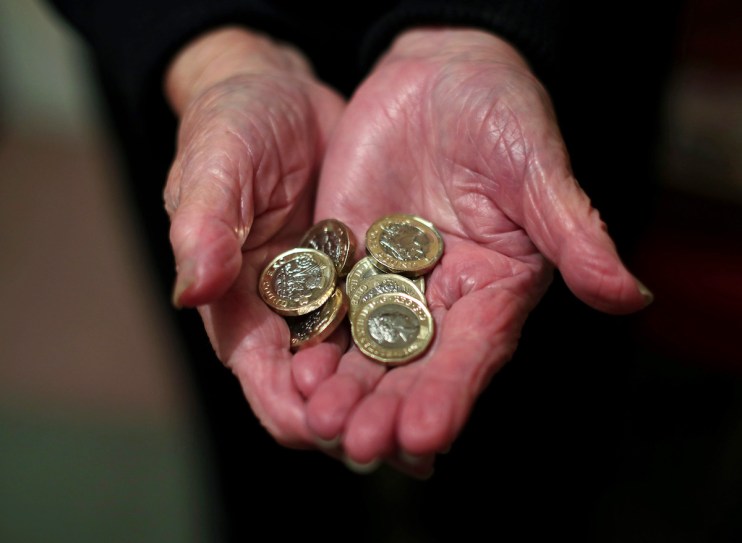Inheritance tax on course for record year of receipts (again) amid calls to scrap it

Receipts from inheritance tax are on course to set a new record for the third year in a row as pressure grows on the government to cut one of the UK’s most unpopular taxes.
The Treasury collected £5.7bn from inheritance tax in the first three quarters of the 2024 financial year, according to figures released today.
This was an eight per cent increase on the previous year and puts annual receipts on course for yet another record year. Experts suggest the tax will raise around £7.6bn for the Treasury, ahead of last year’s high of £7.1bn.
Like many other taxes, the government has frozen the thresholds at which inheritance tax applies, meaning more estates have been pulled into its orbit as asset prices have increased.
However, the Conservatives are reported to be considering abolishing or reducing inheritance tax in an attempt to woo voters ahead of an election.
“It’s a useful source of revenue for the government but we may see the Chancellor prioritise political expediency in the coming Spring Budget as we rapidly approach the next General Election,” Stephen Lowe, group communications director at Just Group said.
Currently inheritance tax stands at 40 per cent and is paid on estates worth over £325,000, although there are a range of exemptions which mean only four per cent of deaths are taxed.
Forecasts from the Institute for Fiscal Studies (IFS) suggest that receipts from inheritance tax will rise to over £15bn by 2032-33 thanks to increasing levels of wealth.
The think tank estimated that about half of the benefit from cutting inheritance tax would go to estates with £2.1m or more at death.
“The benefits of any cuts to inheritance tax would therefore be highly concentrated among a small number of winners,” Arun Advani, research fellow at the IFS told City A.M.
“If changes are being made, it would be sensible to combine a lower rate or higher tax threshold with reforms to some of the very generous reliefs that currently allow pensions, some share classes, businesses and agricultural land to be passed on entirely tax-free,” he continued.